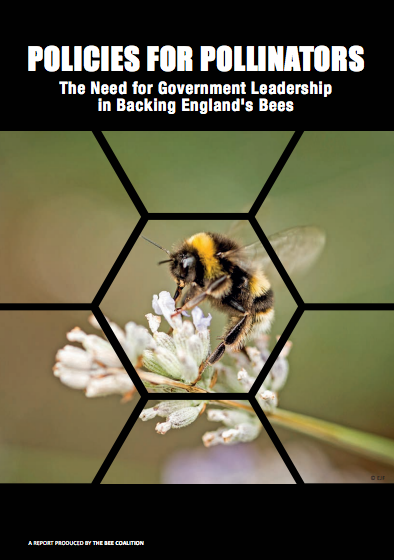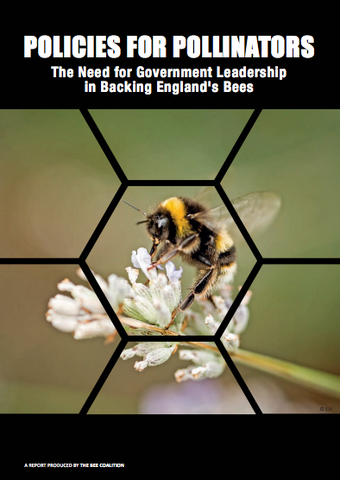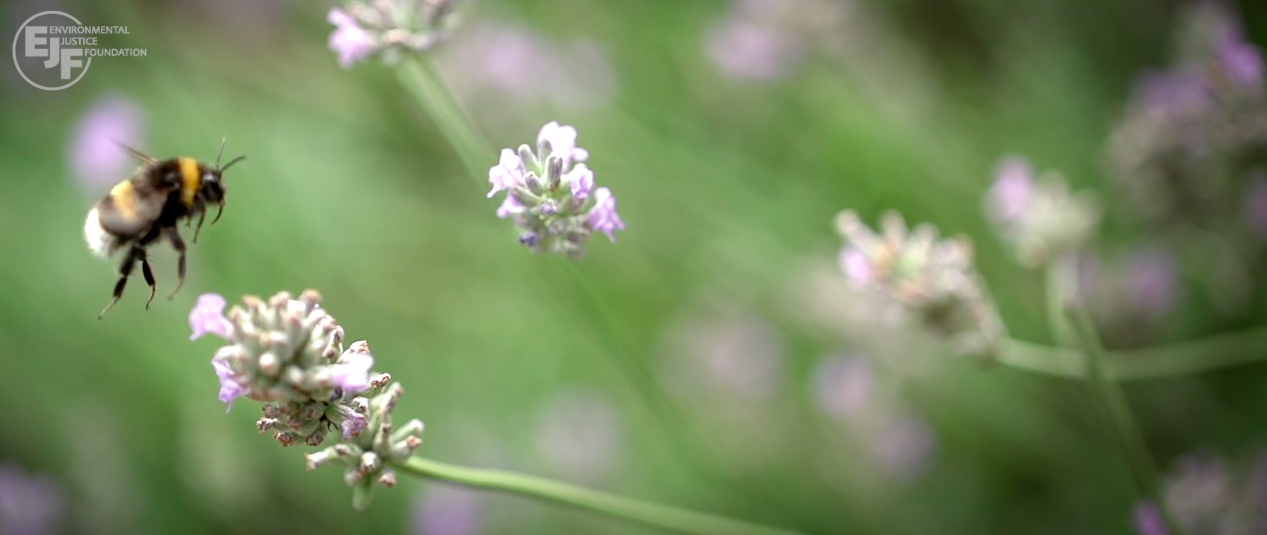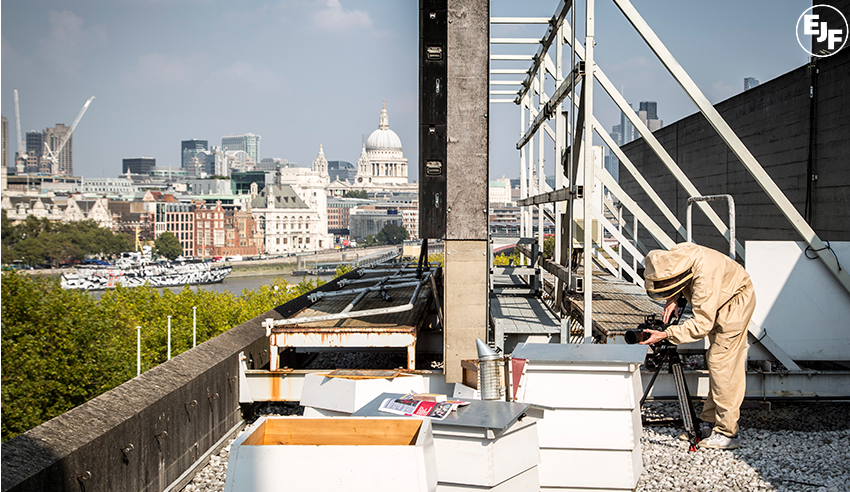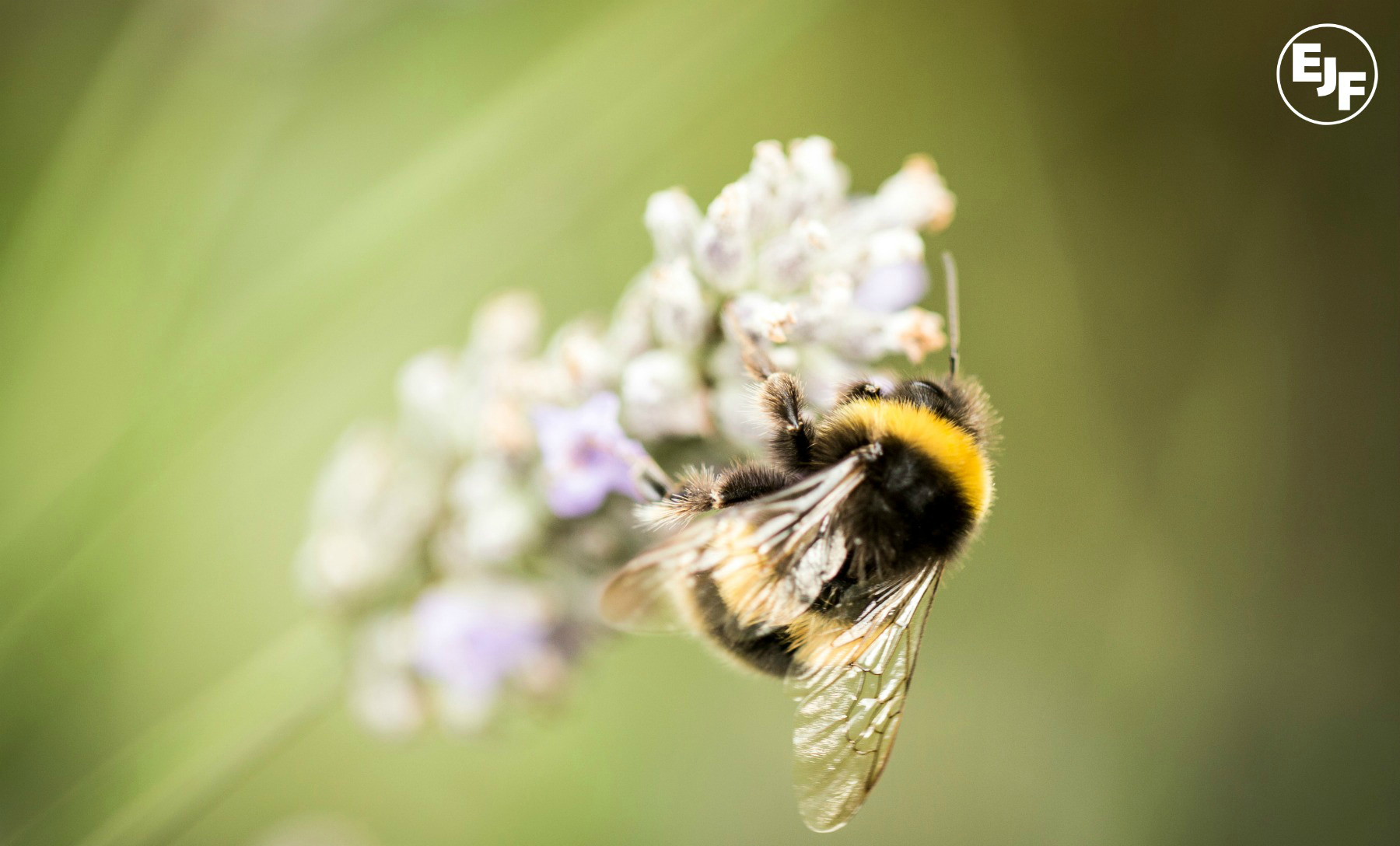Insect pollinators - that’s bees, moths, hoverflies, flies, butterflies and beetles - are essential to our way of life. They are vital to pollinating both commercial crops and wild plant species and are responsible for one in every three mouthfuls of food that we eat. Yet these species are under threat. In the UK alone over half of bee, butterfly and moth species have declined in the last 50 years as a result of habitat loss, climate change, an increased spread of disease, and toxic pesticides - including the recent ‘family’ of pesticides: neonicotinoids, or neonics.
Introducing pollinators to policymakers
A founding member of a coalition of like-minded NGOs, EJF has worked to bring the plight of bees and pollinators to policymakers, the business community and the public alike. As part of the British Bee Coalition:
EJF calls on the UK government to fulfill promises made nationally and internationally to protect biodiversity including introducing measures to protect wildlife and promote green spaces and wildlife corridors, and keeping its Convention of Biological Diversity pledge to halt the loss of habitats and restore biodiversity.
EJF calls for the current EU ban on the use of three neonics on crops attractive to pollinators to be maintained and fully implemented as well as extending the ban to the use on all other crops, and for the UK’s National Pollinator Strategy to be kept up to date, ensuring new and existing policies are informed by the latest evidence and address the wide spectrum of pollinator issues.
EJF calls on the UK government to retain the status of protected areas and to introduce measures to protect pollinator habitat areas such as creating wildlife spaces and corridors, avoiding development on pollinator habitat areas, legally protecting threatened pollinator species and incentivising the management of agricultural land for pollinators.
EJF calls on the UK to implement research and monitoring to bridge knowledge gaps in pollinator losses, ecology and distribution while taking steps to improve the health of managed bees.
Pollinators under threat
Pesticides do not discriminate. They do not know which species is their target and - along with the potential tragic effects on human health - they have been linked to rapid declines in a diversity of species, including bees, bats, birds and fish.
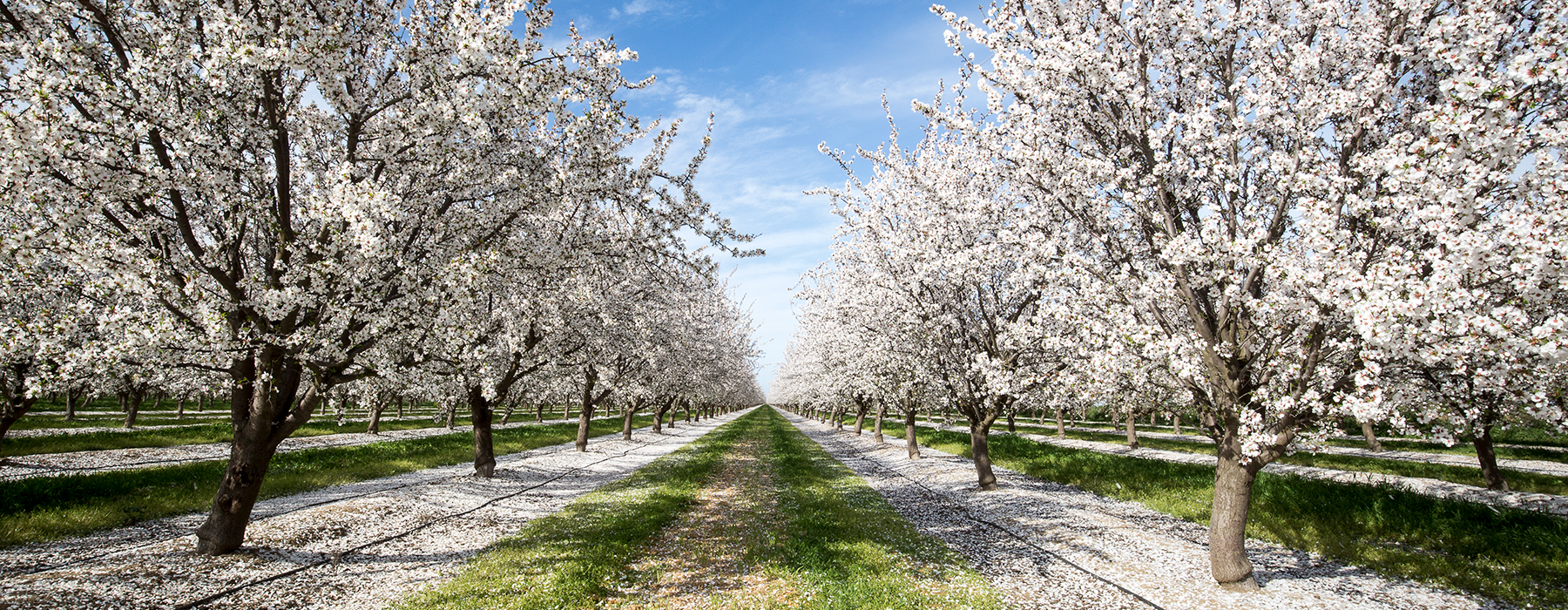
Calling on the UK to support a pesticides ban
Through EJF’s Bee Happy campaign, we were able to build industry and public support for bee protection, bringing this support to the heart of government in the shape of mass protests and public petitions calling for the UK government to support the EU’s ban on neonic pesticides and reject calls from industry to relax controls on their use.
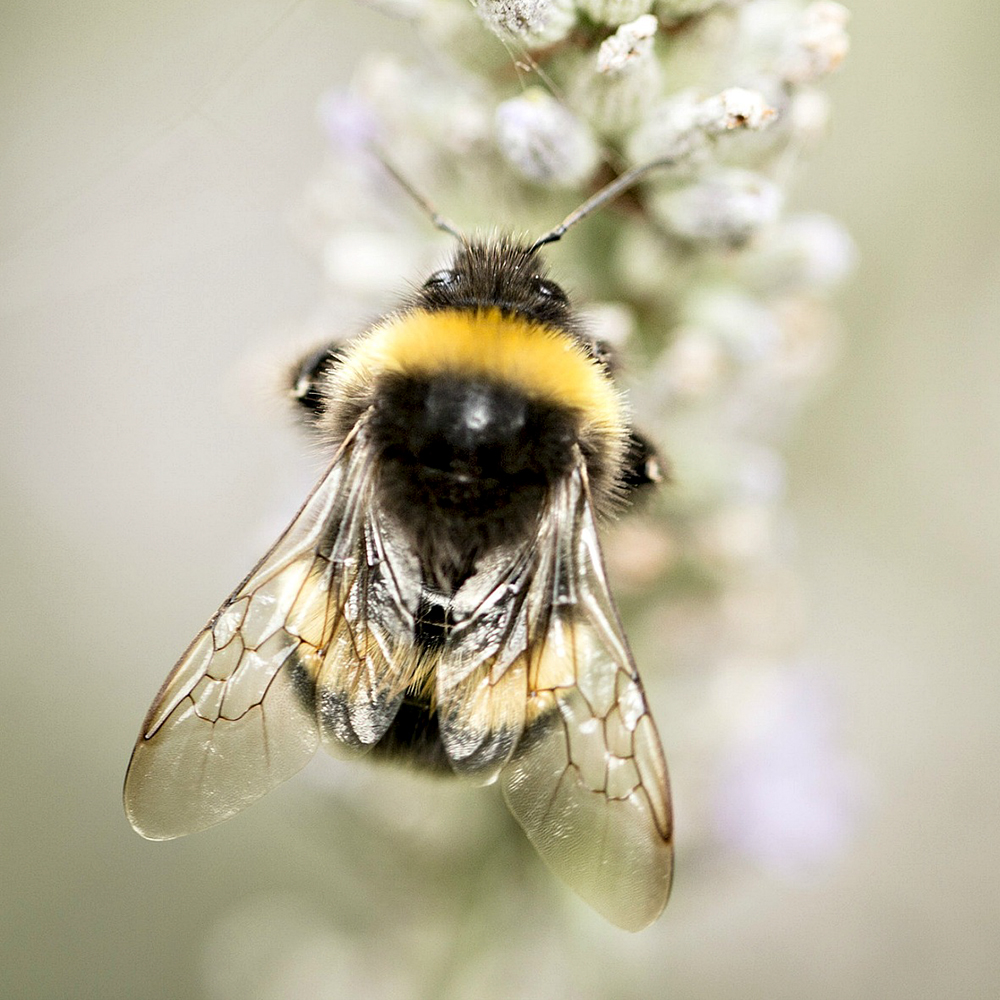
Bees and other wild pollinators are fascinating, beautiful, and vital to our food production. They have pollinated our crops for millennia; now it’s time to return the favour
Dave Goulson, British biologist and conservationist
Bee Happy
Bees and other insects pollinate important crops including fruits, beans and vegetables. Without these vital creatures, our diets would lack vital nutrients and we would see a decrease in plant life and the wildlife species that depend on them for their shelter and food.
Since founding the Bee Coalition in 2012, EJF has worked to protect bees and pollinators against the devastating impacts of neonic pesticides, fought back against the misinformation being perpetuated by the agribusiness lobby and taken our fight to the public and the heart of government.
We’ve got more and more mouths to feed… If bees are going down and crops are going up, it means we have this gap. At some point this is going to have a major impact. We’re really going to struggle.
Professor Simon Potts, University of Reading

Policies for pollinators
Through our reports Policies for Pollinators the coalition has also advised the government how to turn the mass public support into action.
Yet despite the EU ban, which came into force in 2013, large swathes of the UK continue to be treated with harmful neonic pesticides, with disastrous consequences for British bees and other pollinators. We continue to campaign for the EU’s neonic ban to be maintained, and extended to all crops and other forms of neonics, for its effective implementation in the UK, and for a complete halt to the use of bee harming pesticides in agriculture.
With clear evidence of the risk posed to bees and other insects by harmful neonicotinoids we cannot continue to ignore the plight of our pollinators.
SIGN UP FOR OUR EMAILS AND STAY UP TO DATE WITH EJF

